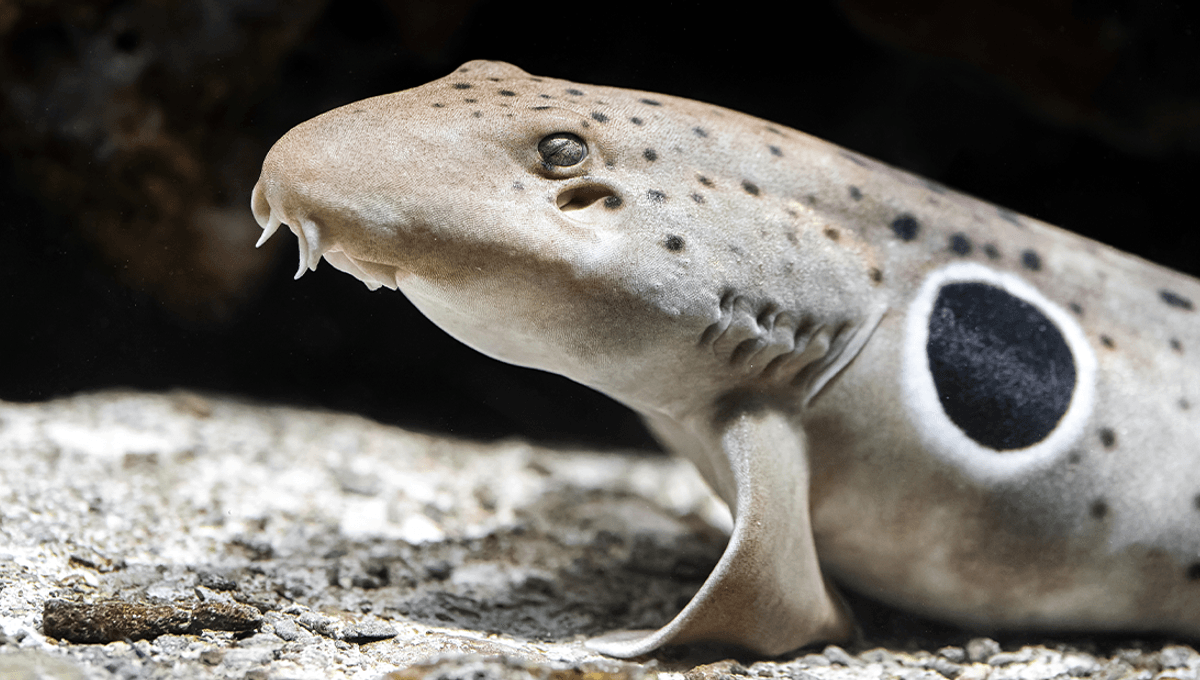
If you go down to the ocean today, you might just be in for a big surprise. From deep-sea disco worms to orcas giving each other kelp massages, there’s no end to what the ocean can offer. Some of the more unusual characters to be found include fish species that can walk, and one of the strangest? The epaulette shark.
Epaulette sharks (Hemiscyllium ocellatum), also known as “walking sharks”, are a species of carpet shark that can often be found in warm, shallow reefs around Australia and New Guinea. In a video captured by marine biologist Jacinta Shackleton, one such juvenile shark can be seen taking a “stroll” off the coast of Lady Elliot Island near the southern Great Barrier Reef.
These sharks “walk” using their fins, helping them to move over the seafloor, or even on land, when looking for food.
“The sharks are most active around dawn and dusk as this is when they feed and this one was most likely out looking for food. They have specialised organs called ampullae of lorenzini on their snout which help them pick up any electrical impulses from underneath the sand. This one eventually found some worms hiding under the sand!” Shackleton told IFLScience.
Other fish species also have this unusual ability to potter about, including the permanently peeved-looking handfish.
As if being able to walk was not enough, epaulette sharks can also survive periods of low oxygen, known as hypoxia, for up to two hours as they navigate rockpools when the tide recedes. According to a study from 2022, this ability could help them survive the rising water temperatures and new conditions caused by climate change.
“You might not think of beautiful, tropical beaches as harsh but in reality tidepools and coral reef environments are pretty harsh, subjected to warm temperatures when the tide is out and a lot of changes, a lot of things happening when the tide comes in and goes out,” senior author Marianne Porter, from Florida Atlantic University, told the Guardian.
“Our collaborators in Australia have found they are able to withstand climate change conditions very well. These sharks are great models in starting to look at how these changing conditions may affect vertebrates in general, and other species, and can help us reflect what we might see in future oceans.”
Source Link: Some Sharks Can Walk, Because Apparently One Mode Of Transportation Isn’t Enough